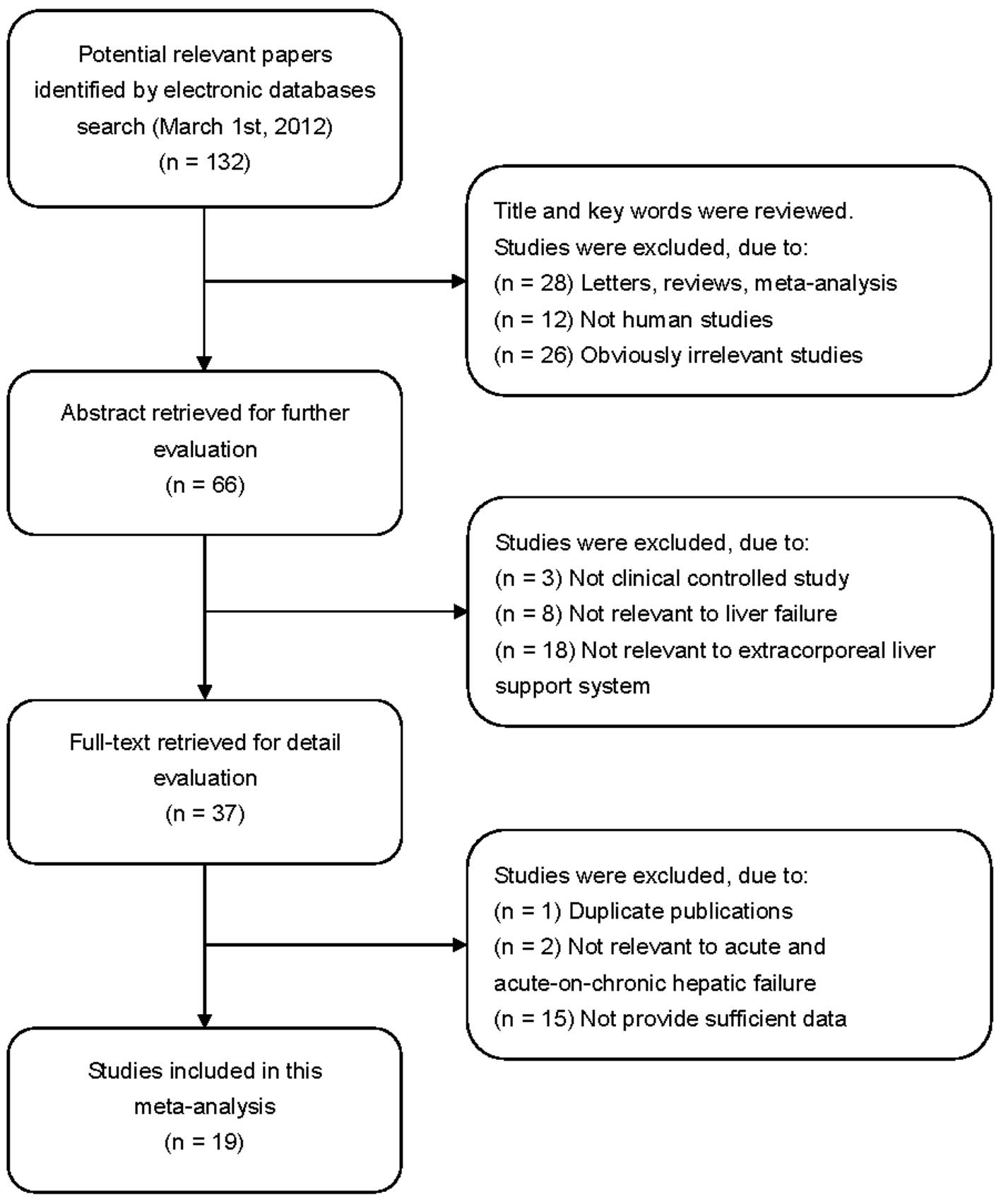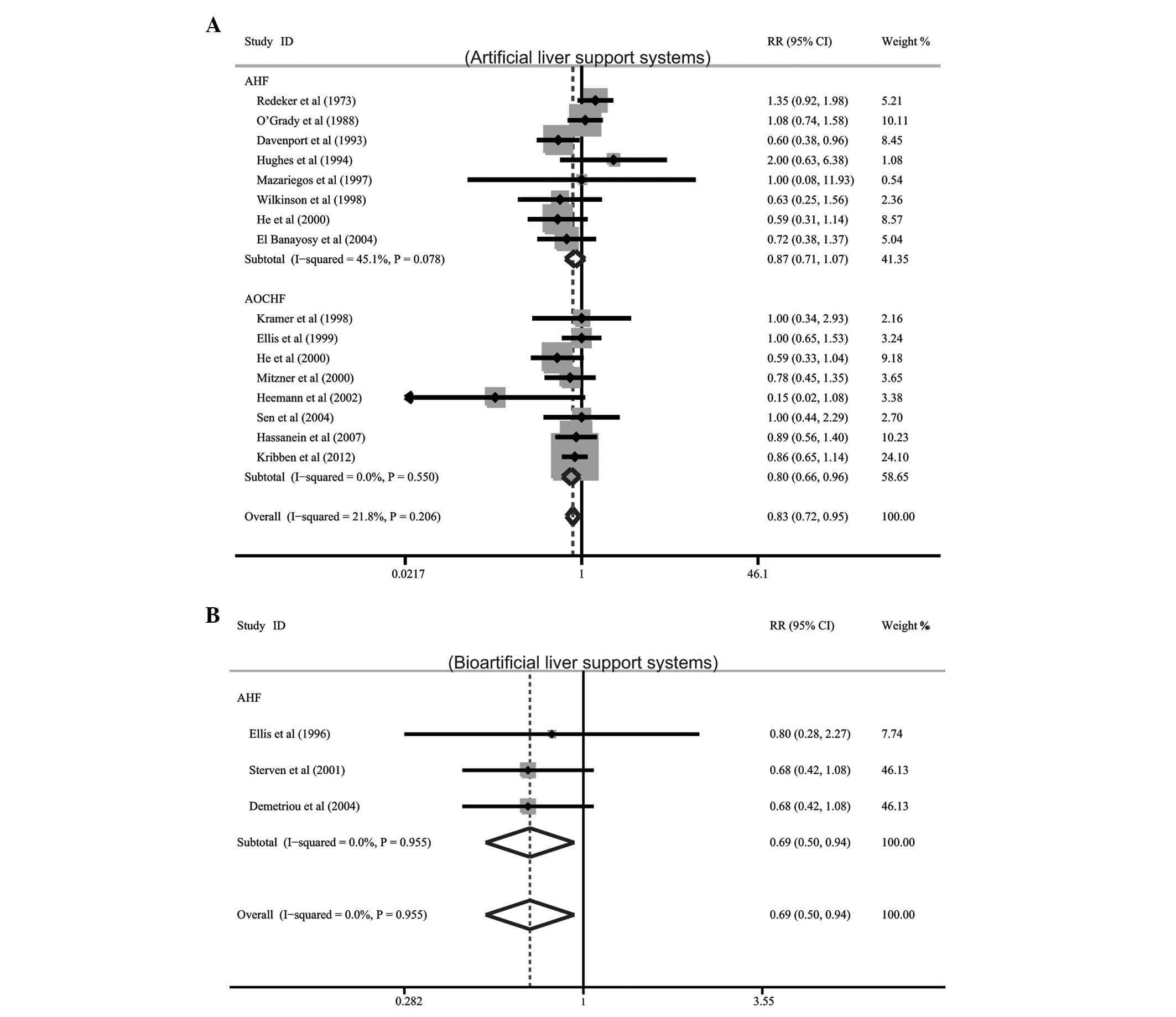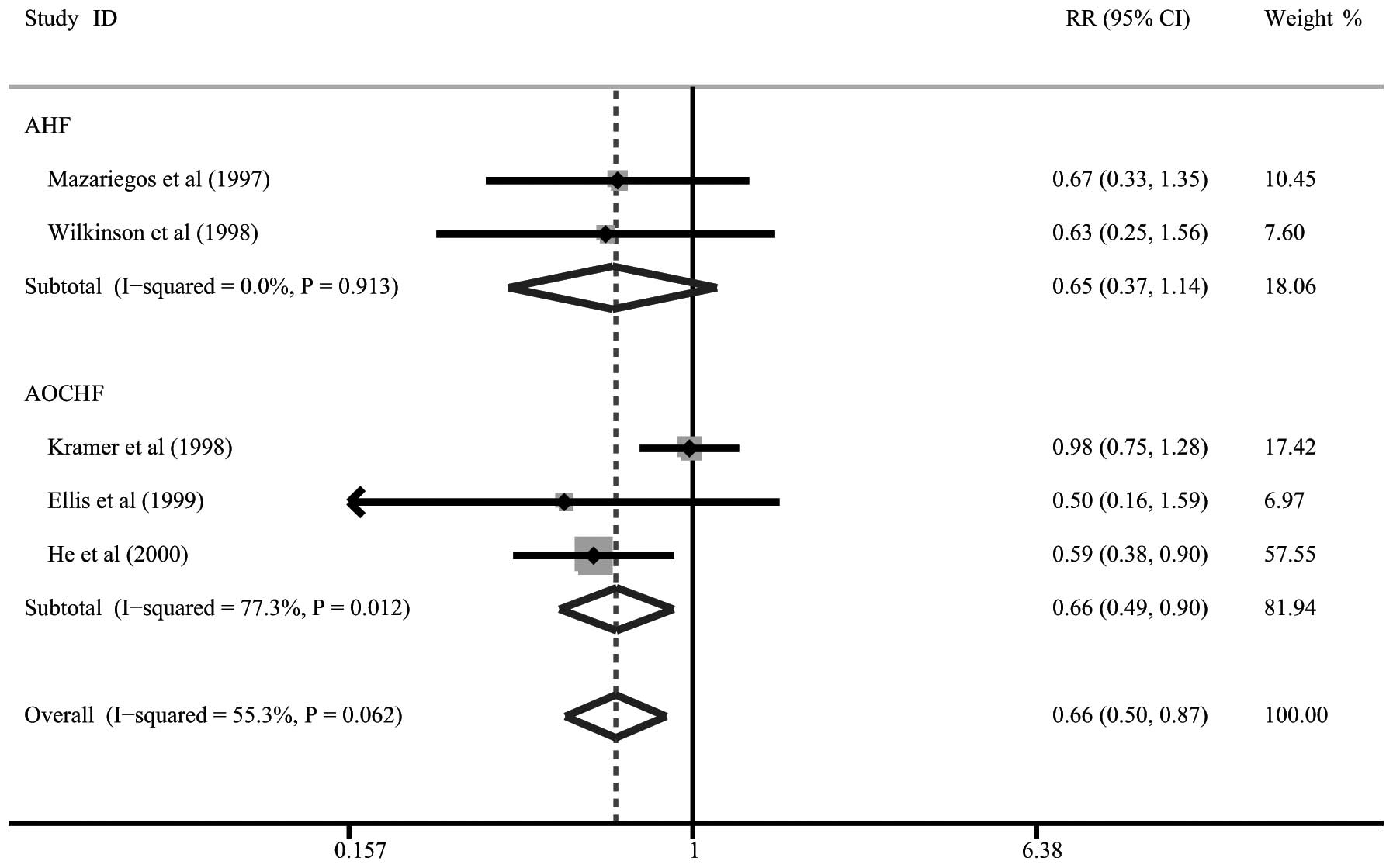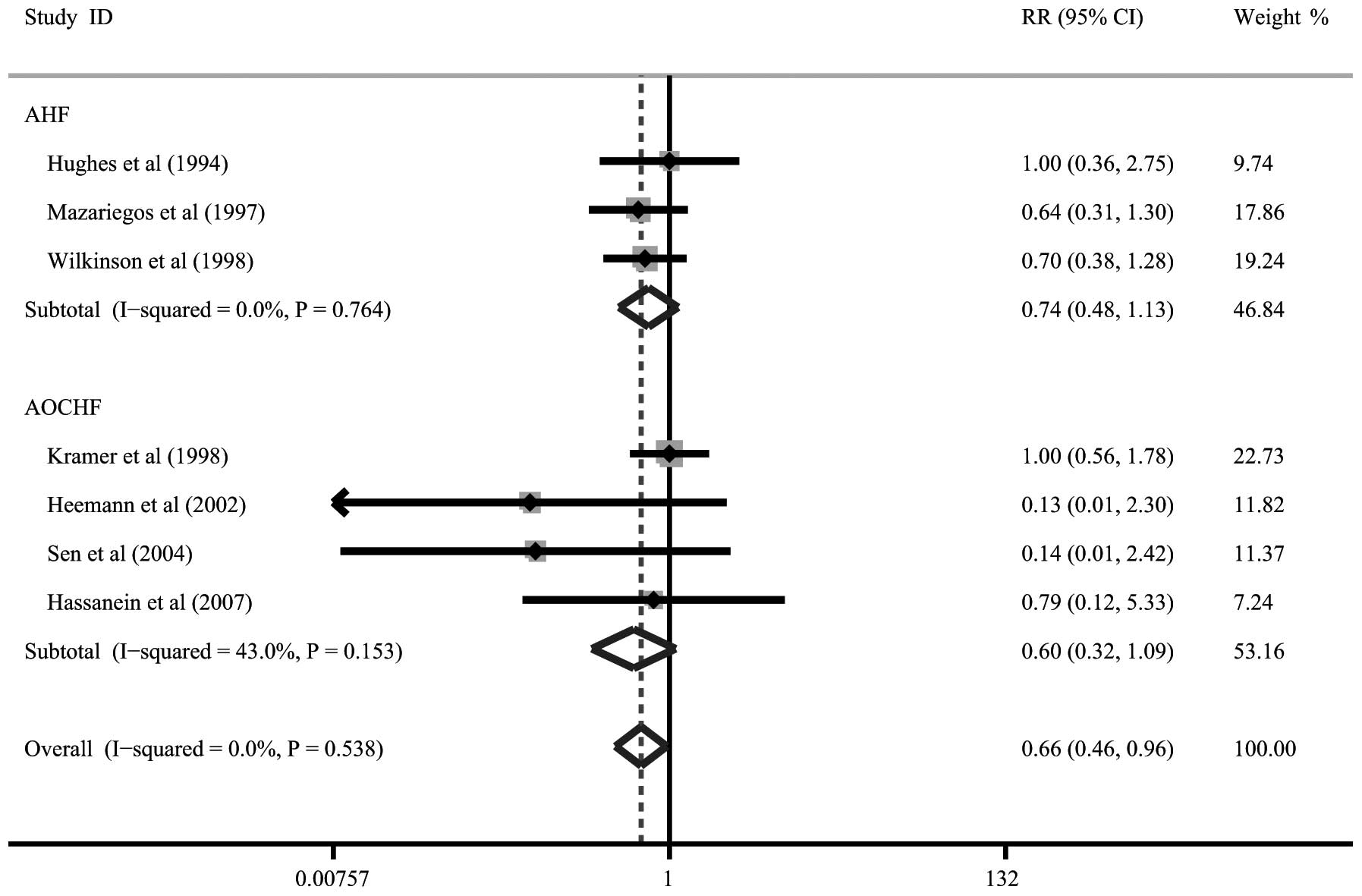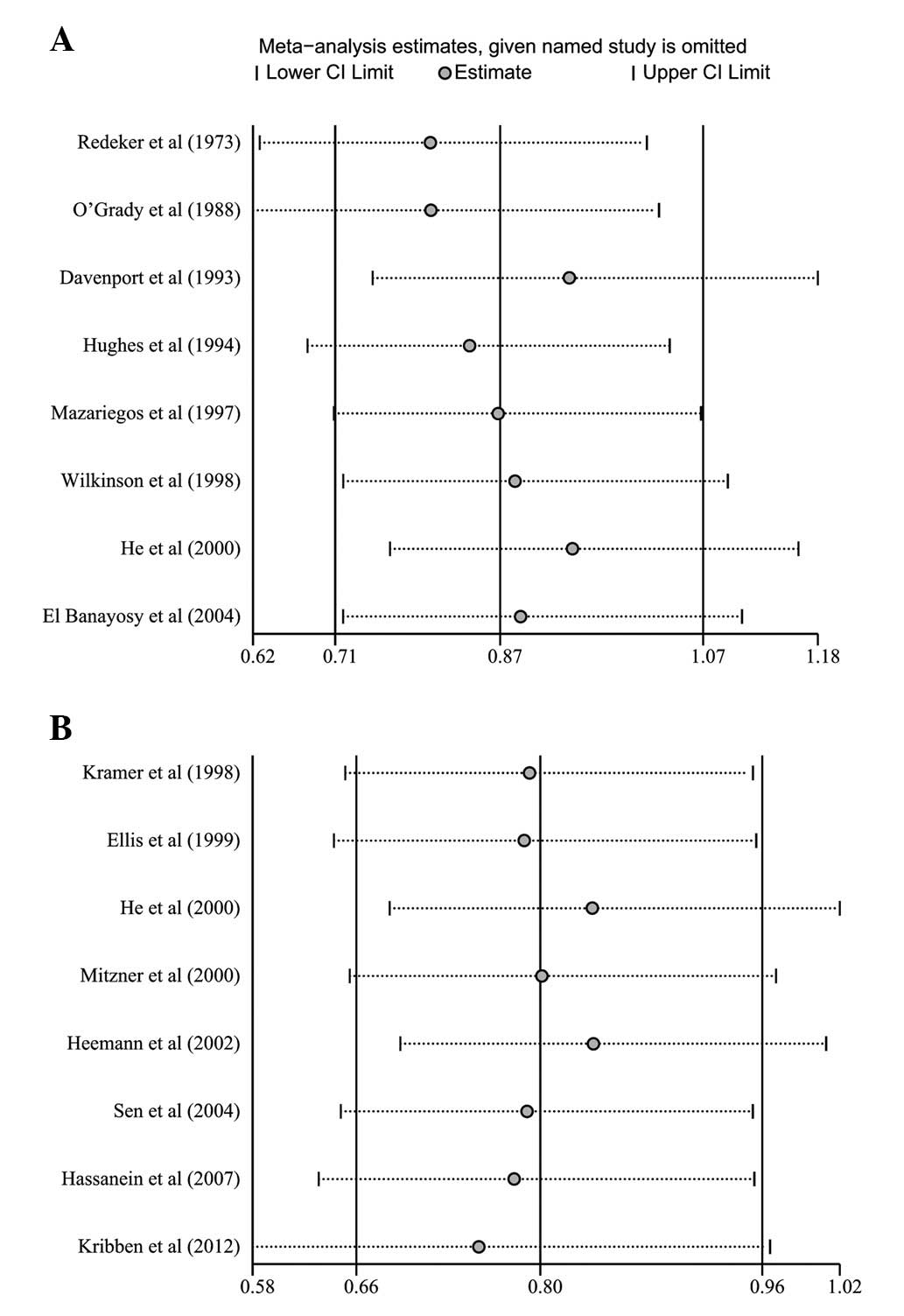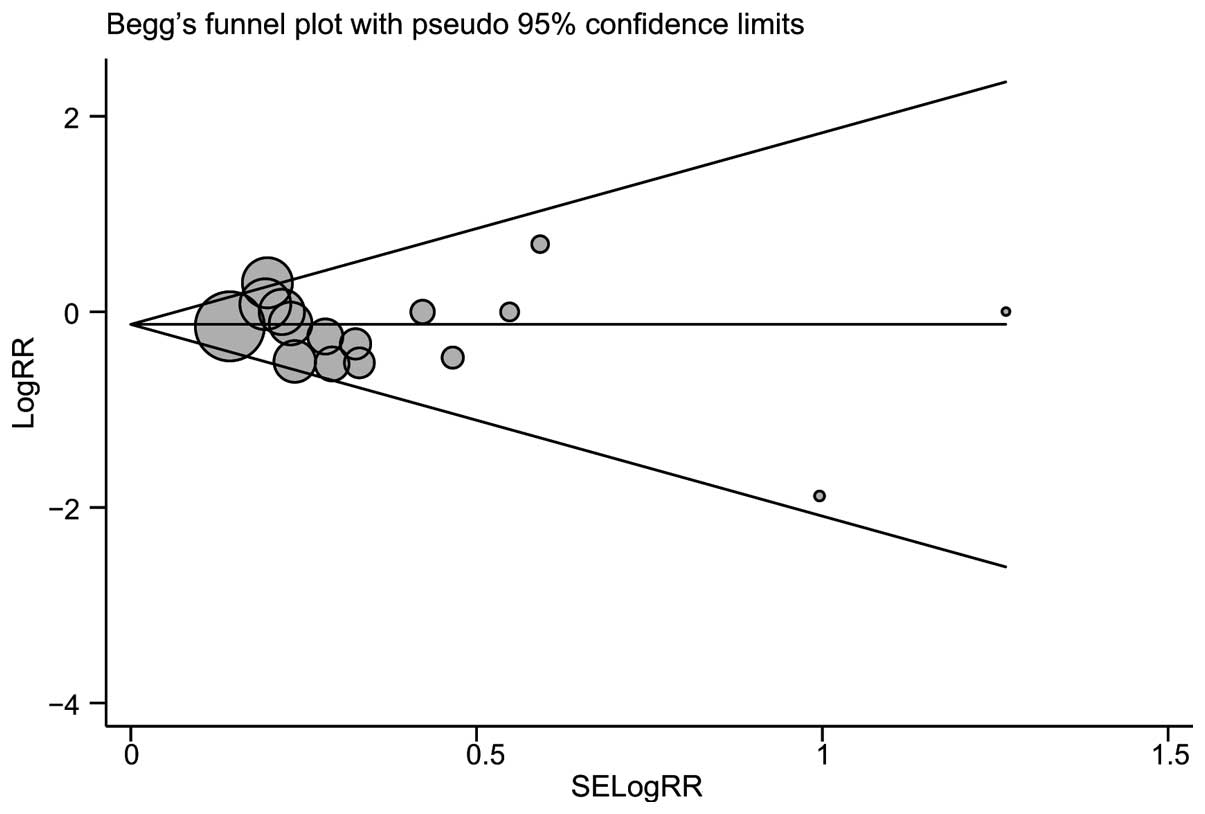|
1.
|
Tuñón MJ, Alvarez M, Culebras JM and
González-Gallego J: An overview of animal models for investigating
the pathogenesis and therapeutic strategies in acute hepatic
failure. World J Gastroenterol. 15:3086–3098. 2009.PubMed/NCBI
|
|
2.
|
Stadlbauer V, Krisper P, Aigner R, et al:
Effect of extracorporeal liver support by MARS and Prometheus on
serum cytokines in acute-on-chronic liver failure. Crit Care.
10:R1692006. View
Article : Google Scholar : PubMed/NCBI
|
|
3.
|
Bernal W, Auzinger G, Dhawan A and Wendon
J: Acute liver failure. Lancet. 376:190–201. 2010. View Article : Google Scholar
|
|
4.
|
van de Kerkhove MP, Hoekstra R, Chamuleau
RA and van Gulik TM: Clinical application of bioartificial liver
support systems. Ann Surg. 240:216–230. 2004.PubMed/NCBI
|
|
5.
|
Carpentier B, Gautier A and Legallais C:
Artificial and bioartificial liver devices: present and future.
Gut. 58:1690–1702. 2009. View Article : Google Scholar : PubMed/NCBI
|
|
6.
|
Wang Y, Susando T, Lei X, et al: Current
development of bioreactors for extracorporeal bioartificial liver
(Review). Biointerphases. 5:FA116–FA131. 2010. View Article : Google Scholar : PubMed/NCBI
|
|
7.
|
Pless G: Bioartificial liver support
systems. Methods Mol Biol. 640:511–523. 2010. View Article : Google Scholar
|
|
8.
|
Millis JM and Losanoff JE: Technology
insight: liver support systems. Nat Clin Pract Gastroenterol
Hepatol. 2:398–405; quiz 434. 2005. View Article : Google Scholar : PubMed/NCBI
|
|
9.
|
Nevens F and Laleman W: Artificial liver
support devices as treatment option for liver failure. Best Pract
Res Clin Gastroenterol. 26:17–26. 2012. View Article : Google Scholar : PubMed/NCBI
|
|
10.
|
Schilsky ML: Acute liver failure and liver
assist devices. Transplant Proc. 43:879–883. 2011. View Article : Google Scholar : PubMed/NCBI
|
|
11.
|
Liu JP, Gluud LL, Als-Nielsen B and Gluud
C: Artificial and bioartificial support systems for liver failure.
Cochrane Database Syst Rev. CD0036282004.PubMed/NCBI
|
|
12.
|
Kjaergard LL, Liu J, Als-Nielsen B and
Gluud C: Artificial and bioartificial support systems for acute and
acute-on-chronic liver failure: a systematic review. JAMA.
289:217–222. 2003. View Article : Google Scholar : PubMed/NCBI
|
|
13.
|
Stutchfield BM, Simpson K and Wigmore SJ:
Systematic review and meta-analysis of survival following
extracorporeal liver support. Br J Surg. 98:623–631. 2011.
View Article : Google Scholar : PubMed/NCBI
|
|
14.
|
Knobloch K, Yoon U and Vogt PM: Preferred
reporting items for systematic reviews and meta-analyses (PRISMA)
statement and publication bias. J Craniomaxillofac Surg. 39:91–92.
2011. View Article : Google Scholar : PubMed/NCBI
|
|
15.
|
Moher D, Schulz KF and Altman DG; CONSORT
GROUP (Consolidated Standards of Reporting Trials): The CONSORT
statement: revised recommendations for improving the quality of
reports of parallel-group randomized trials. Ann Intern Med.
134:657–662. 2001. View Article : Google Scholar
|
|
16.
|
Higgins JP and Thompson SG: Quantifying
heterogeneity in a meta-analysis. Stat Med. 21:1539–1558. 2002.
View Article : Google Scholar : PubMed/NCBI
|
|
17.
|
Zintzaras E and Ioannidis JP:
Heterogeneity testing in meta-analysis of genome searches. Genet
Epidemiol. 28:123–137. 2005. View Article : Google Scholar : PubMed/NCBI
|
|
18.
|
Ioannidis JP, Patsopoulos NA and Rothstein
HR: Reasons or excuses for avoiding meta-analysis in forest plots.
BMJ. 336:1413–1415. 2008. View
Article : Google Scholar : PubMed/NCBI
|
|
19.
|
Peters JL, Sutton AJ, Jones DR, Abrams KR
and Rushton L: Comparison of two methods to detect publication bias
in meta-analysis. JAMA. 295:676–680. 2006. View Article : Google Scholar : PubMed/NCBI
|
|
20.
|
Redeker AG and Yamahiro HS: Controlled
trial of exchange-transfusion therapy in fulminant hepatitis.
Lancet. 1:3–6. 1973. View Article : Google Scholar : PubMed/NCBI
|
|
21.
|
O’Grady JG, Gimson AE, O’Brien CJ,
Pucknell A, Hughes RD and Williams R: Controlled trials of charcoal
hemoper-fusion and prognostic factors in fulminant hepatic failure.
Gastroenterology. 94:1186–1192. 1988.PubMed/NCBI
|
|
22.
|
Davenport A, Will EJ and Davison AM:
Effect of renal replacement therapy on patients with combined acute
renal and fulminant hepatic failure. Kidney Int Suppl.
41:S245–S251. 1993.PubMed/NCBI
|
|
23.
|
Hughes RD, Pucknell A, Routley D, Langley
PG, Wendon JA and Williams R: Evaluation of the BioLogic-DT
sorbent-suspension dialyser in patients with fulminant hepatic
failure. Int J Artif Organs. 17:657–662. 1994.PubMed/NCBI
|
|
24.
|
Ellis AJ, Hughes RD, Wendon JA, et al:
Pilot-controlled trial of the extracorporeal liver assist device in
acute liver failure. Hepatology. 24:1446–1451. 1996. View Article : Google Scholar : PubMed/NCBI
|
|
25.
|
Mazariegos GV, Linden F, Kramer D, Patzer
J and Fung JJ: Randomized clinical trial of the BioLogic-DT in
treatment of acute hepatic failure (AHF) with advanced
encephalopathy. Hepatology. 26(Suppl): 559A1997.
|
|
26.
|
Kramer L, Gendo A, Madl C, Mullen K,
Kaminski-Russ K and Zauner C: A controlled study of the BioLogic-DT
System in chronic hepatic encephalopathy. Hepatology. 28(Suppl):
401A1998.
|
|
27.
|
Wilkinson AH, Ash SR and Nissenson AR:
Hemodiabsorption in treatment of hepatic failure. J Transpl Coord.
8:43–50. 1998.
|
|
28.
|
Ellis AJ, Hughes RD, Nicholl D, et al:
Temporary extracorporeal liver support for severe acute alcoholic
hepatitis using the BioLogic-DT. Int J Artif Organs. 22:27–34.
1999.PubMed/NCBI
|
|
29.
|
He JQ, Chen CY, Deng JT, Qi HX, Zhang XQ
and Chen ZQ: Clinical study on the treatment of fatal hepatitis
with artificial liver support system. Chinese Critical Care
Medicine. 12(2): 105–108. 2000.(In Chinese).
|
|
30.
|
Mitzner SR, Stange J, Klammt S, et al:
Improvement of hepatorenal syndrome with extracorporeal albumin
dialysis MARS: results of a prospective, randomized, controlled
clinical trial. Liver Transpl. 6:277–286. 2000. View Article : Google Scholar : PubMed/NCBI
|
|
31.
|
Stevens AC, Busuttil R, Hans S, et al: An
interim analysis of a phase I/II prospective randomized,
multicenter, controlled trial of the HepatAssist®
bioartificial liver support system for the treatment of fulminant
hepatic failure. Hepatology. 34(Suppl): 299A2001.
|
|
32.
|
Heemann U, Treichel U, Loock J, et al:
Albumin dialysis in cirrhosis with superimposed acute liver injury:
a prospective, controlled study. Hepatology. 36:949–958. 2002.
View Article : Google Scholar : PubMed/NCBI
|
|
33.
|
Demetriou AA, Brown RS Jr, Busuttil RW, et
al: Prospective, randomized, multicenter, controlled trial of a
bioartificial liver in treating acute liver failure. Ann Surg.
239:660–670. 2004. View Article : Google Scholar
|
|
34.
|
El Banayosy A, Kizner L, Schueler V,
Bergmeier S, Cobaugh D and Koerfer R: First use of the Molecular
Adsorbent Recirculating System technique on patients with hypoxic
liver failure after cardiogenic shock. ASAIO J. 50:332–337.
2004.PubMed/NCBI
|
|
35.
|
Sen S, Davies NA, Mookerjee RP, et al:
Pathophysiological effects of albumin dialysis in acute-on-chronic
liver failure: a randomized controlled study. Liver Transpl.
10:1109–1119. 2004. View
Article : Google Scholar : PubMed/NCBI
|
|
36.
|
Laleman W, Wilmer A, Evenepoel P, et al:
Effect of the molecular adsorbent recirculating system and
Prometheus devices on systemic haemodynamics and vasoactive agents
in patients with acute-on-chronic alcoholic liver failure. Crit
Care. 10:R1082006. View
Article : Google Scholar
|
|
37.
|
Hassanein TI, Tofteng F, Brown RS Jr, et
al: Randomized controlled study of extracorporeal albumin dialysis
for hepatic encephalopathy in advanced cirrhosis. Hepatology.
46:1853–1862. 2007. View Article : Google Scholar
|
|
38.
|
Kribben A, Gerken G, Haag S, et al:
Effects of fractionated plasma separation and adsorption on
survival in patients with acute-on-chronic liver failure.
Gastroenterology. 142:782–789. 2012. View Article : Google Scholar : PubMed/NCBI
|
|
39.
|
Allen JW, Hassanein T and Bhatia SN:
Advances in bioartificial liver devices. Hepatology. 34:447–455.
2001. View Article : Google Scholar : PubMed/NCBI
|
|
40.
|
Sorkine P, Ben Abraham R, Szold O, et al:
Role of the molecular adsorbent recycling system (MARS) in the
treatment of patients with acute exacerbation of chronic liver
failure. Crit Care Med. 29:1332–1336. 2001. View Article : Google Scholar : PubMed/NCBI
|















